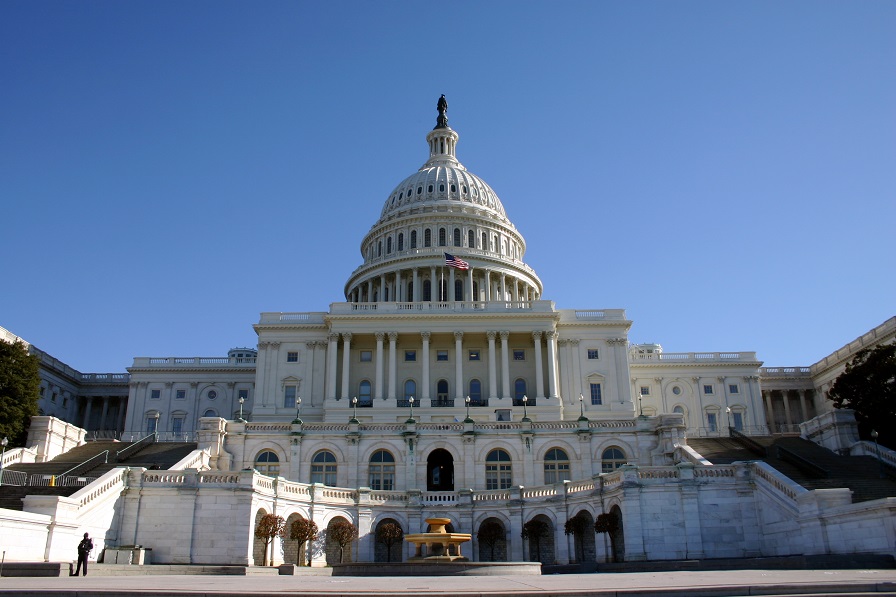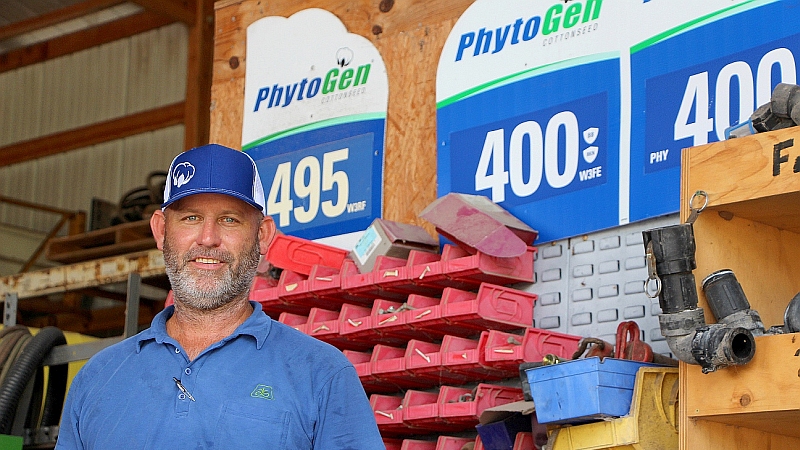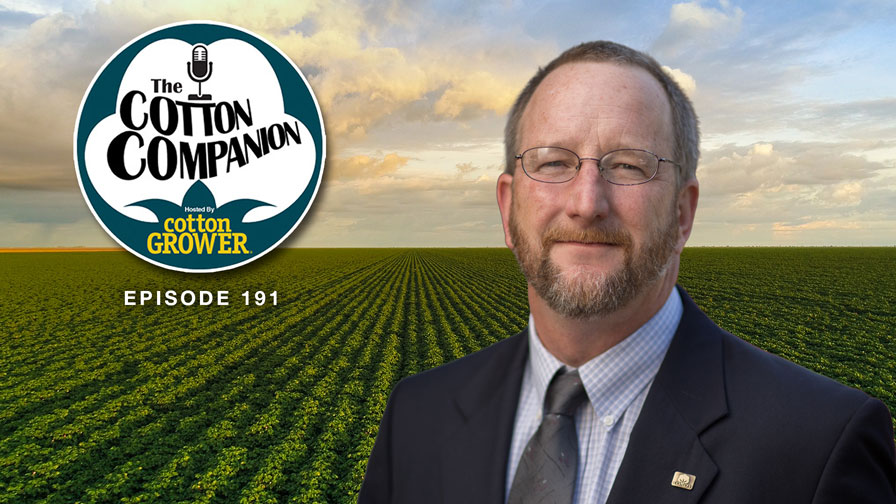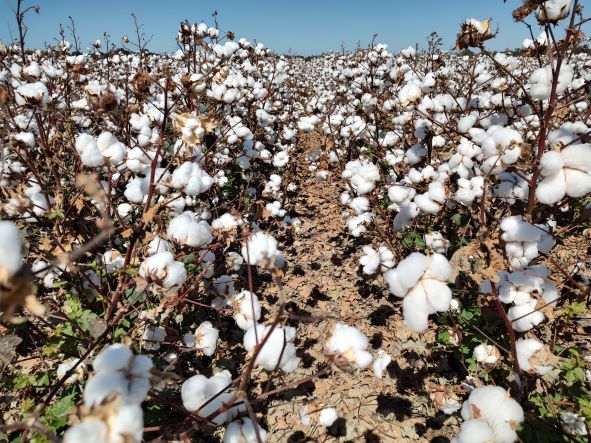From Blockbuster to Mega-Blockbuster
It was a blockbuster deal from the very beginning, and it was supposed to be a relatively uncomplicated marriage of Monsanto Co., the world’s largest transgenic traits company, and Delta and Pine Land Co. (D&PL), the world’s largest cotton seed company, with some 90% of D&PL’s business being within the U.S.
In 1998, Monsanto began negotiations to purchase D&PL for $1.9 billion (USD) in cash. Monsanto pulled the offer in 2000, fearing regulatory approval would not come. D&PL sued Monsanto, alleging that Monsanto had not made a good-faith effort to obtain that approval.
In August 2006, Monsanto again announced plans to buy D&PL for $1.5 billion in cash. Upon closure of the deal, Monsanto agreed to divest itself of Stoneville Pedigreed Seed Co. and Stoneville’s NexGen varieties. Under the terms of the agreement, D&PL would drop its lawsuit. The U.S. Department of Justice (DOJ) would then scrutinize the deal, but approval was expected. The only uncertainty in 2006 was the question of who would wind up with Stoneville.
The DOJ’s preliminary blessings came on May 31, with final approval on June 19. Also coming that day was a joint announcement by Monsanto and D&PL that the name “Delta and Pine Land” would continue, but now Monsanto’s entire southern U.S. business will include D&PL brands of cotton and soybeans, as well as Monsanto’s DeKalb corn, Asgrow soybeans and Roundup brand herbicides. The D&PL business will support Monsanto’s seed, biotechnology and chemistry products.
If You Asked, No One Told
The circumstances of the DOJ’s decision were earth-shaking. With almost unbelievable confidentiality, other players were involved and the deal went from blockbuster to mega-blockbuster for U.S. cotton.
On May 31, here’s what happened, almost in the blink of an eye:
- Monsanto closed the deal with D&PL, but with colossal conditions.
- Bayer wound up with Stoneville, although the NexGen varieties were not included. Bayer paid $310 million for Stoneville.
- In a complete surprise to most in the industry, the NexGen varieties, plus specific D&PL germplasm, went to Americot, in a $6.8 million deal. With these additions, Americot becomes the second largest seed company in the U.S. Southwest and third largest in the country.
- Syngenta, which has the VipCot insect-resistance trait, acquired 43 D&PL seed lines with VipCot that D&PL had planned to market in 2009.
Opposition to the DOJ’s decision was immediate. In a Wall Street Journal-published report:
- Justin Boyd, president of the National Black Farmers Association, said, “(This) is not going to help the American farmer. DOJ is going to let Monsanto shove this deal down our throats.”
- DuPont spokesmen Doyle Carr said the merger would limit DuPont’s ability to access and compete in certain markets.
- Arkansas chief deputy attorney general Justin Allen said, “Our concern is that this will allow Monsanto … to corner the market on certain biotechnology traits.”
Almost as quickly, Monsanto and D&PL counter punched. “A lot of the opposition is corporate-led opposition by DuPont,” said D&PL president and CEO Tom Jagodinski. “And I guess I am surprised by it. … It clearly enables Syngenta, clearly boosts the capabilities of Stoneville/Bayer and will help Americot. From my perspective, I think a lot of it, in respect to DuPont, is sour grapes, or they have some other agenda. … There is going to be a lot more competition; there is no question about that.”
Added Monsanto spokesman Andrew Burchett, “Everything was evaluated very thoroughly by the Department of Justice. The Department of Justice has taken plenty of time to review everything in great detail. That is part of the agreement we had with them, and we believe this will ensure competition.









